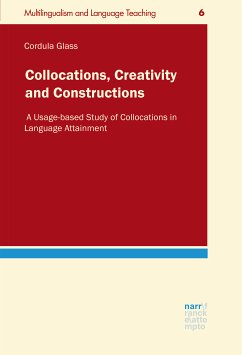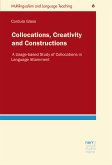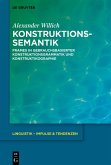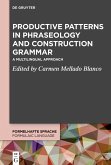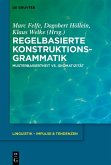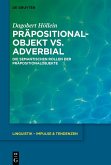Approaching collocations from a usage-based perspective, this study investigates how the development of collocational proficiency in first and second language attainment could be explained. Against the background of recent approaches in cognitive linguistics such as construction grammar and Complex Adaptive Systems it argues that collocations should not be regarded as idiosyncratic phraseological items, which, depending on their degree of fixedness and semantic opaqueness, can be classified along a gradient of idiomaticity. Thus, this study regards collocations as dynamic linguistic phenomena, which could be seen as subject to constant change rather than more or less static combinations with an additional level of syntagmatic and paradigmatic restrictions. Furthermore it explores how creative changes and alternations of collocations can be used to learn more about a speakers cognitive processing of these phraseological phenomena and how this process might be influenced by language external factors such as age, education or context.
Dieser Download kann aus rechtlichen Gründen nur mit Rechnungsadresse in A, B, BG, CY, CZ, D, DK, EW, E, FIN, F, GR, H, IRL, I, LT, L, LR, M, NL, PL, P, R, S, SLO, SK ausgeliefert werden.

